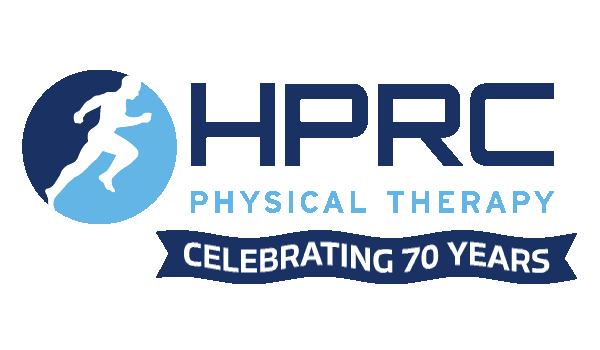Temporomandibular Joint Disorders
Tempromandibular Disorder (TMD) is made up of symptoms that involve the jaw and surrounding facial muscles, teeth, ears, and neck.
Common symptoms of TMJ include:
- TMJ pain (pain in the joint)
- Face or jaw pain
- Ear pain
- Ringing in the ears
- Dizziness
- Headache
- Joint sounds (popping, clicking, or grinding)
- Muscle pain and /or tenderness
- Limited mouth opening or closing, or sideward movements
- Neck Pain
Note: a person may have one or more of these conditions at the same time.
Treatment will usually consist of a combination of exercise, manipulation, mobilization, stretching, heat, and electric stimulation.
Common causes of TMD:
- Myofascial pain: the most common form of TMD; discomfort or pain in the muscles that control jaw function and the neck and shoulder muscles
- Internal derangement of the joint: a dislocated jaw or displaced disc, or injury to the condyle
- Degenerative joint disease: such as osteoporosis or rheumatoid arthritis in the jaw joint

